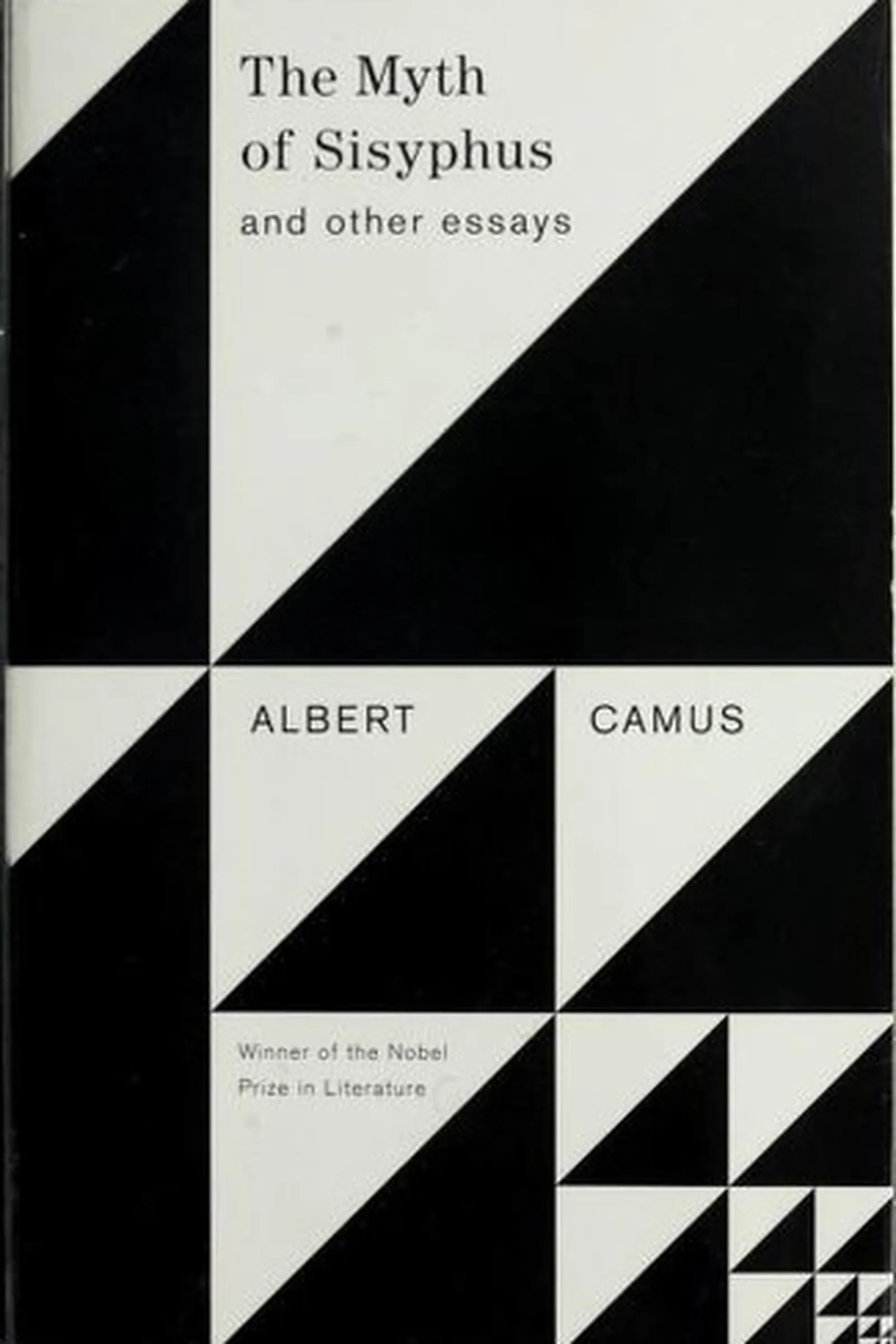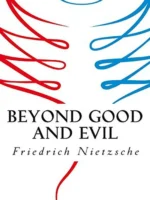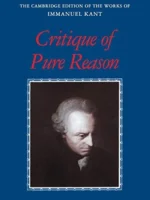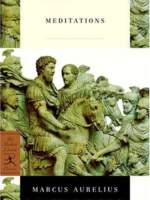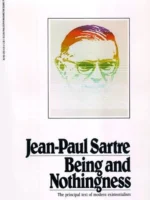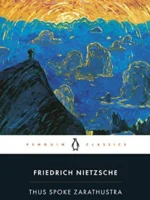The Myth of Sisyphus, Albert Camus, 1942
- Author: Albert Camus
- Genre: Philosophy
- Publisher: Vintage International
- Publication Year: 1955
- Pages: 112
- Format: Paperback
- Language: English
- ISBN: 978-0679733737
- Rating: 4,2 ★★★★☆
The Myth of Sisyphus Review
About
Albert Camus’s The Myth of Sisyphus (1942) is one of the defining texts of existentialism and absurdism—though Camus himself rejected both labels. Written during the chaos of World War II, it examines the question that underlies all philosophy: if life is meaningless, should we go on living? His answer—lucid, defiant, and strangely joyful—made this short essay one of the most enduring works of the 20th century.
Overview
Camus begins with the “absurd,” the conflict between our search for meaning and the universe’s silence. Traditional answers—religion, reason, hope—he calls evasions. Instead, he proposes living without appeal, embracing the absurd with clarity and courage. In the myth that gives the essay its name, Sisyphus endlessly pushes a boulder uphill only to watch it roll back down. For Camus, this is not despair, but liberation: “One must imagine Sisyphus happy.”
Summary
(light spoilers) Camus walks through philosophy’s darkest rooms—Kierkegaard, Nietzsche, Dostoevsky—and finds in each a tension between awareness and escape. Rejecting both suicide and false hope, he argues for revolt: to live fully, lucidly, without illusion. The final image of Sisyphus smiling as he descends captures Camus’s vision of human dignity—not in victory, but in persistence. The essay reads like philosophy written by a novelist: intimate, alive, and stripped of abstraction.
Key Themes / Main Ideas
• The absurd — conflict between reason and meaninglessness.
• Rebellion — living without appeal to higher purpose.
• Freedom — choosing life despite futility.
• Consciousness — awareness as the root of dignity.
• Happiness — found in the act, not the outcome.
Strengths and Weaknesses
• Strengths — Lyrical, concise, deeply humane.
• Strengths — Accessible yet philosophically rich.
• Weaknesses — Abstract at points; offers no practical ethics.
• Weaknesses — Misread easily as nihilism, though it is the opposite.
Reviewed with focus on themes, audience, and takeaways — Albert Camus
| pa_author | Albert Camus |
|---|---|
| ISBN | 978-5-103-85118-3 |
| pa_year | 1977 |
| Pages | 171 |
| Language | English |

